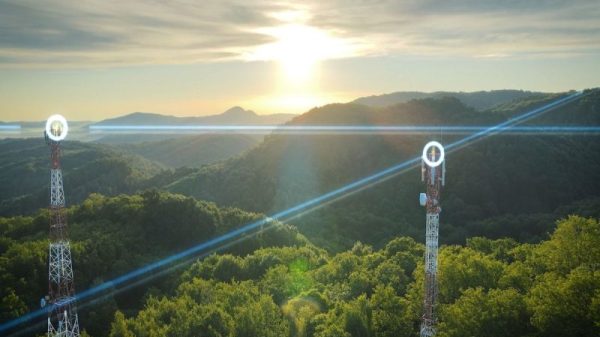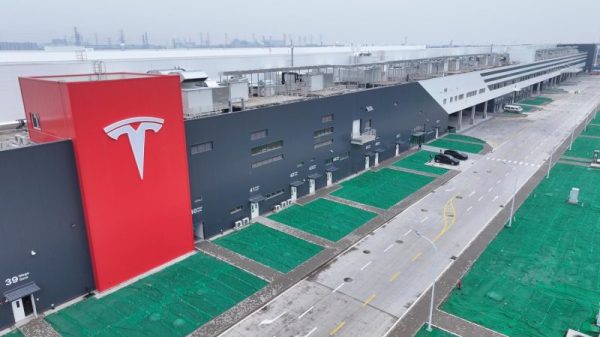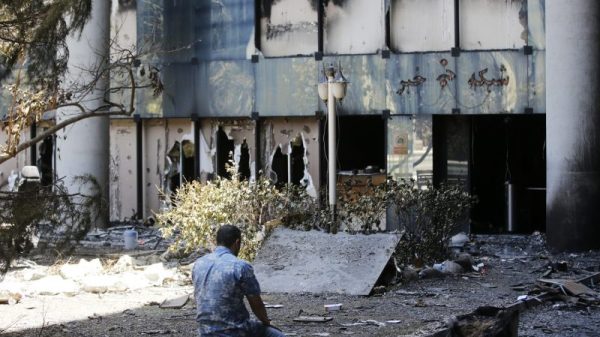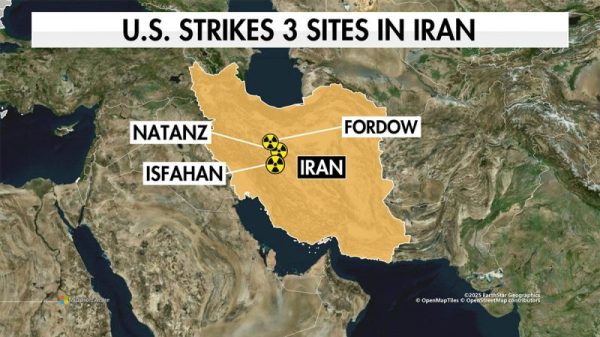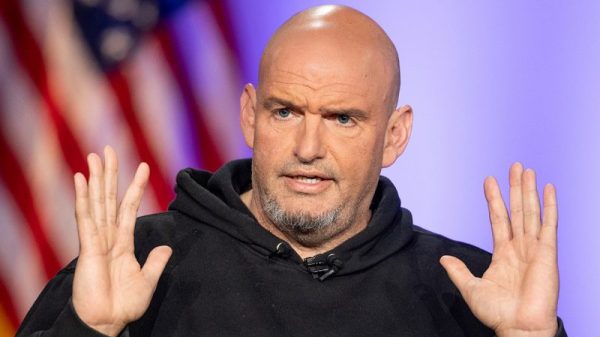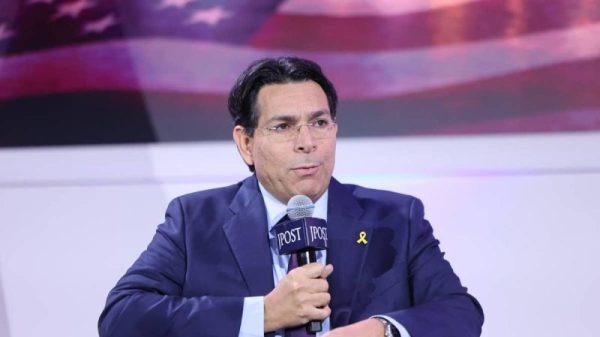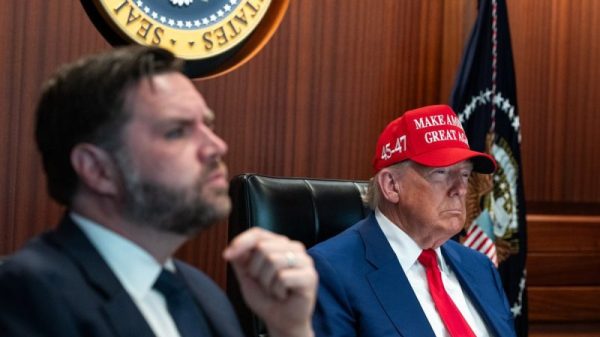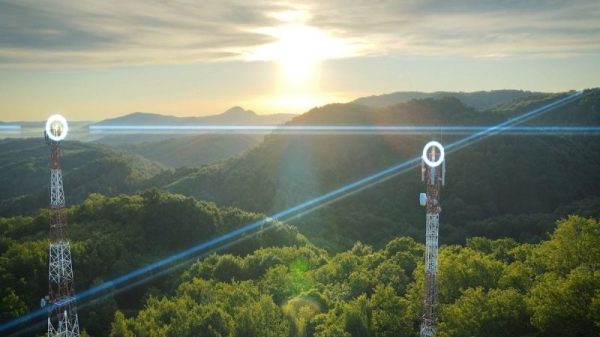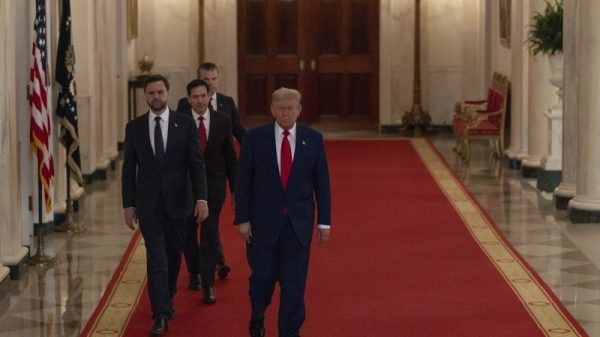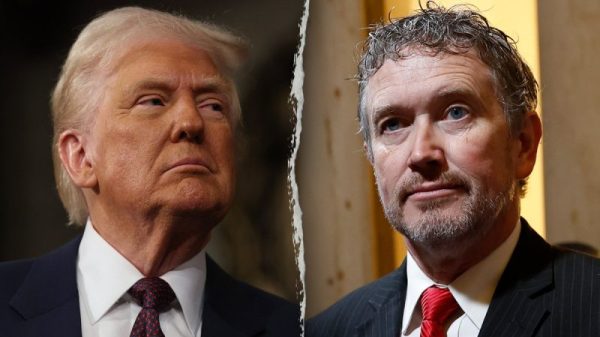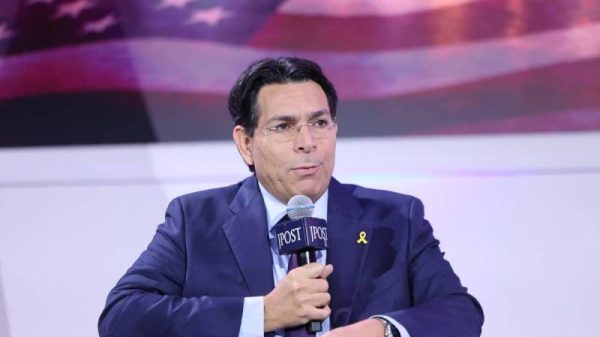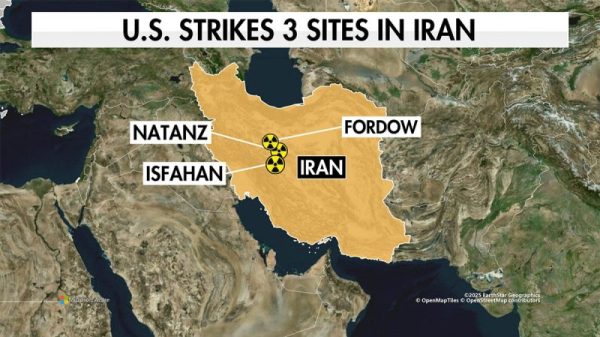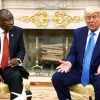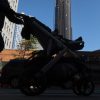For 108 days, Palestinian photographer Motaz Azaiza risked his life in Gaza to tell the story of the war to millions of followers on Instagram, as friends and family members were killed around him. But he has now left his native Gaza, feeling dismayed.
He has been hailed by many around the world as the eyes and ears of Gaza for capturing a raw, unfiltered glimpse into the horrors of the war. That attention was unintended and unexpected. Azaiza was an aspiring travel photographer. His first Instagram post in May 2014 was a simple photo of natural wonder; vibrant petals of fuchsia and crimson, exploding out from an orange center. Known by some as a Treasure Flower, botanists identify the plant by its correct genus, Gazania. From the very beginning, it seemed as though he wanted to share his vision of a beautiful world.
“I want to capture the beauty of Gaza, not the war on Gaza. But I don’t have the option,” he said. “When something happens… I have to take pictures, I have to document, but when I come to post them, I feel ‘oh, you’re destroying the beauty.’”
Before October 7, Azaiza had about 25,000 Instagram followers, according to the social media analytics firm Social Blade. His dedicated audience has now grown to more than 19 million, and some of his clips have been viewed more than 70 million times. Clips where, unlike traditional media organizations, the horrors of war are laid graphically bare.
From morning until night, his Instagram stories unfolded as a relentless stream of devastation and suffering; powerless as he was to prevent it, and unable to escape it.
Several times a day, Azaiza found himself witnessing the frantic attempts by men to dig bloodied survivors out of the wreckage with their bare hands. Often, they were too late, and with the camera still rolling, Azaiza had been seen to reach down to caress their lifeless limbs.
Some of his most visceral footage features children who’ve been killed or injured, and on several occasions he’s tried to provide comfort as he rode with them in ambulances. They’ve perched awkwardly in his lap, bloodied and frightened, and he’s been lost for words. On another occasion, it seemed to be too late. As he held a limp and lifeless infant with serious head wounds, fighting back tears, all Azaiza could say softly was, “God. God.”
Azaiza now lives in the Qatari capital Doha. When he finally made it out of Gaza through the Rafah border crossing with Egypt, he had no idea what his final destination would be.
There, two men from the Qatari foreign ministry approached him. “’Motaz, you’re welcome to Doha… you can come to our country and continue from there,’” he recalled. He boarded a Qatari military flight at Egypt’s El Arish Airport and began planning his next steps.
Coping with depression
There was always more light than darkness to be found on Azaiza’s social media accounts before the latest war in Gaza began, but he never flinched from portraying the fragility of life in the strip over the years. He captured Israeli airstrikes with regularity, and said his camera always served as a means to cope with hardship and depression.
But given the magnitude of destruction and death, his camera couldn’t shield him from physically being there this time. He has avoided coming to terms with what he witnessed.
“It’s better for me not to process, because if I process what I experienced or what I’ve been through, believe me I will not feel OK… I’m a man looking for a solution now. We need to stop this,” he said.
Clearly frustrated that what he shared with the world didn’t help stem the waves of destruction in Gaza, Azaiza said he’s determined to “make more noise from outside.”
He’s been invited to speak at various universities around the world and is hoping to do a tour when he can obtain visas, which can be difficult for those with a Palestinian passport.
Even though he’s become a recognizable face, Azaiza wants to keep the attention focused on the suffering of those he left behind.
“How will you tell them when they grow up, that they lost their parents in Gaza because an Israeli airplane threw a bomb on their house and all their flesh shattered around them? You expect them to be normal humans after all (that) we went through?”




